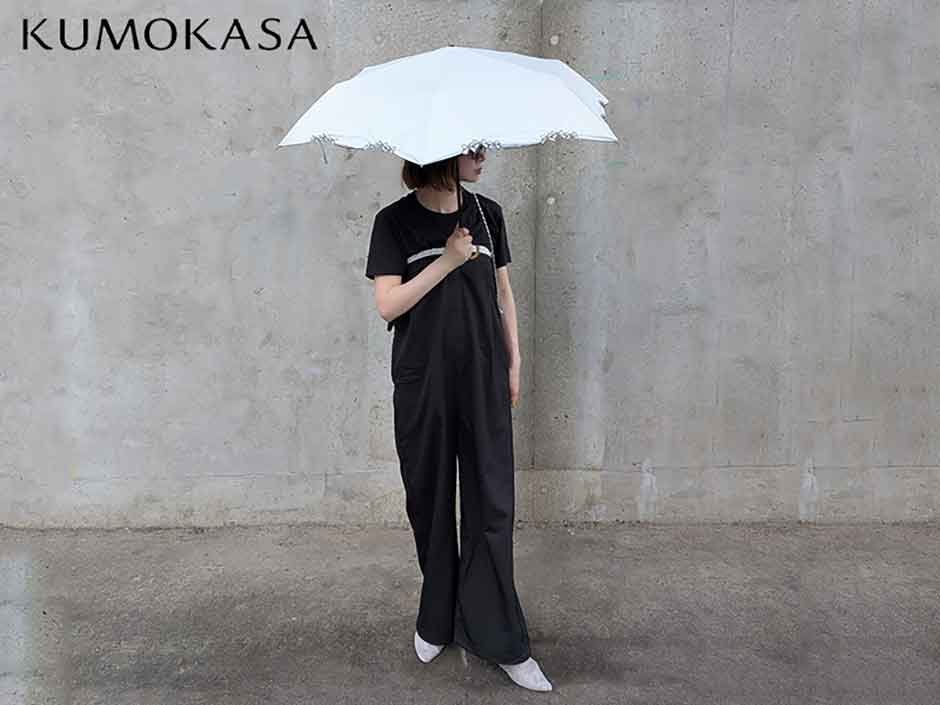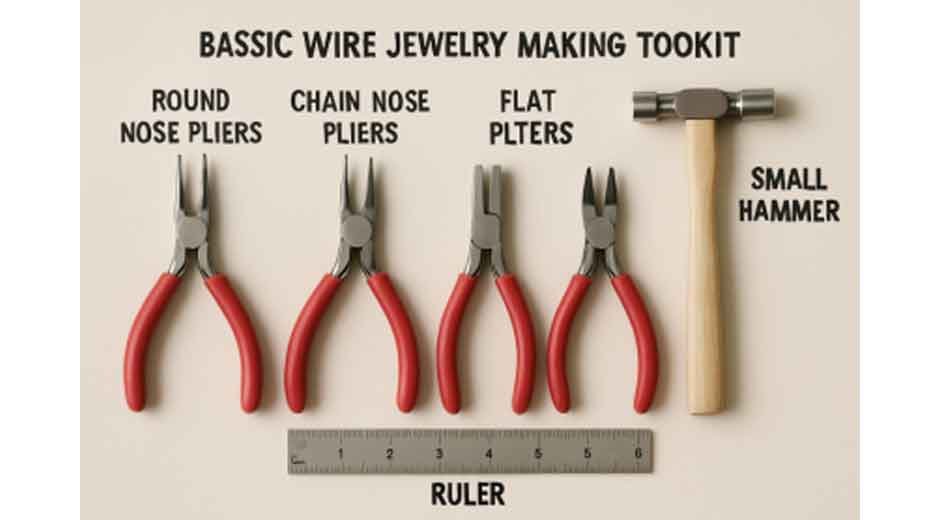For many years, parasols in Japan were regarded as accessories exclusively for women, symbolizing elegance and protection from the sun. However, in recent years, a cultural shift has been underway. Increasingly, Japanese men are carrying parasols in their daily lives, whether they are walking to the office in a business suit or strolling through a park on the weekend. This trend highlights a changing perception of masculinity, a growing awareness of health, and a focus on comfort in a country where summers are becoming hotter and more intense.
The parasol has evolved from a niche item into an everyday companion for men across Japan. Its adoption reflects a broader lifestyle shift, where practicality and personal well-being matter as much as fashion and social norms. In this article, we will explore how men in Japan are integrating parasols into different aspects of their daily routines—from professional environments to leisurely outings—showing that this simple accessory is far more versatile than many people might think.
The Commute: Staying Cool and Professional
In Japan, daily commuting is a fact of life. Millions of men spend time walking from home to train stations and then to their workplaces, often dressed in formal business attire. During the peak of summer, when temperatures soar above 30°C and humidity levels make the air heavy, the commute can be both uncomfortable and exhausting. Carrying a parasol offers a practical solution to this challenge.
For men in suits, 日傘 help reduce direct sun exposure, lowering body temperature and preventing excessive sweating before arriving at the office. Not only does this enhance comfort, but it also supports a professional appearance by minimizing the physical effects of heat. A parasol can be a small yet effective way to ensure that employees arrive at work refreshed, rather than drained by the morning sun.
Business Meetings and Outdoor Work
Beyond commuting, parasols are increasingly seen during business-related activities that occur outdoors. Whether it is waiting for a client outside a building, attending a company event in the open air, or participating in industry exhibitions, men are finding that parasols make these moments far more bearable. Maintaining composure and confidence in the heat is easier when one can avoid the discomfort of strong sunlight.
Some Japanese companies even encourage their employees to use parasols as part of broader initiatives aimed at preventing heatstroke. This highlights the fact that parasols are not merely personal accessories but can also play a role in workplace health and safety. As awareness spreads, the stigma once associated with men carrying parasols is fading, replaced by a recognition of their practicality and value in professional life.
Leisure Time in the City
Outside of work, parasols are becoming a common sight in Japanese cities, particularly during summer weekends. Men who enjoy strolling through urban parks, visiting cultural festivals, or simply shopping in outdoor areas are finding that parasols offer comfort and protection without compromising style.
The design of 日傘 メンズ has evolved to suit modern tastes. Neutral colors such as black, navy, or gray make them easy to pair with casual or smart-casual outfits. Compact folding models fit neatly into backpacks or messenger bags, ensuring that they can be carried effortlessly and opened whenever the sun becomes too harsh. In this way, parasols are blending seamlessly into men’s urban lifestyles, providing an accessory that is both stylish and functional.
Outdoor Sports and Spectator Events
Japan’s vibrant sporting culture also provides opportunities for parasols to shine. Whether participating in outdoor activities such as golf and baseball or attending as spectators at stadiums, men are increasingly using parasols to protect themselves from the sun. Unlike hats, which provide limited coverage, parasols shield the entire upper body, reducing the risk of sunburn and heat exhaustion during long hours outside.
At summer festivals or fireworks events, parasols add an extra layer of enjoyment by keeping participants comfortable even in crowded spaces. For men who bring their families along, the parasol serves as a simple yet effective way to ensure that everyone can enjoy the experience without suffering from harsh weather conditions.
Family Outings and Everyday Errands
Men in Japan are also finding parasols useful in more everyday situations, such as family outings or running errands around town. When spending time with children at playgrounds or taking family walks, a parasol not only protects the father but also demonstrates the importance of sun safety to younger generations. Normalizing parasol use helps children grow up understanding that sun protection is practical and responsible, rather than unusual or unnecessary.
Even for something as ordinary as shopping at outdoor markets or waiting in line at popular attractions, parasols are making a difference. By carrying one, men can transform an uncomfortable experience under the hot sun into a manageable, even pleasant activity. This shift underscores how parasols are becoming tools of everyday convenience rather than accessories for special occasions only.
Health, Wellness, and Preventive Care
A major reason behind the rise in men’s parasol use is the growing focus on preventive health care in Japan. Heatstroke, dehydration, and skin damage are serious risks during the country’s increasingly intense summers. Public health organizations often remind citizens of the importance of sun protection, and parasols provide one of the simplest and most effective ways to reduce exposure.
For men, adopting parasols represents an acknowledgment that self-care is not just for women. Protecting one’s skin, maintaining hydration, and reducing physical stress in the heat are responsible actions that align with modern ideas of wellness. In this sense, the parasol is more than a functional item; it is a symbol of changing attitudes toward health and masculinity.
The Cultural Shift Toward Acceptance
It is worth noting that only a decade ago, seeing a man with a parasol in Japan would have been unusual. Today, it is becoming normal, especially in larger cities where lifestyle trends spread quickly. This cultural acceptance has been aided by the availability of parasols specifically designed for men. Their sleek and minimalistic designs, combined with advanced materials that block harmful UV rays, have removed the image of parasols as feminine accessories.
As more men are seen using them confidently, the social stigma continues to diminish. Just as skincare routines and eco-friendly habits have become mainstream for men in Japan, parasols are following the same path, establishing themselves as practical tools for anyone who values comfort, health, and style.
Conclusion: A Versatile Everyday Essential
From business environments to leisure activities, men in Japan are finding that parasols enhance nearly every aspect of their daily lives. They provide relief during commutes, professionalism during outdoor work, comfort in city strolls, protection at sporting events, and convenience during family outings. At the same time, they embody broader cultural values—emphasizing health, practicality, and modern style.
The growing popularity of men’s parasols demonstrates how a simple accessory can reshape routines and attitudes. What was once seen as unusual is now a symbol of sensible, forward-thinking living. For men in Japan, parasols have become more than seasonal tools; they are everyday essentials that reflect a balance of tradition, innovation, and lifestyle evolution.










